
- Article
- Article
The island of unclaimed bodies
In New York, those who live and die on the extreme edges of society are buried on an isolated island, often forgotten and unmourned. But recent legal changes aim to reduce stigma and restore their dignity.
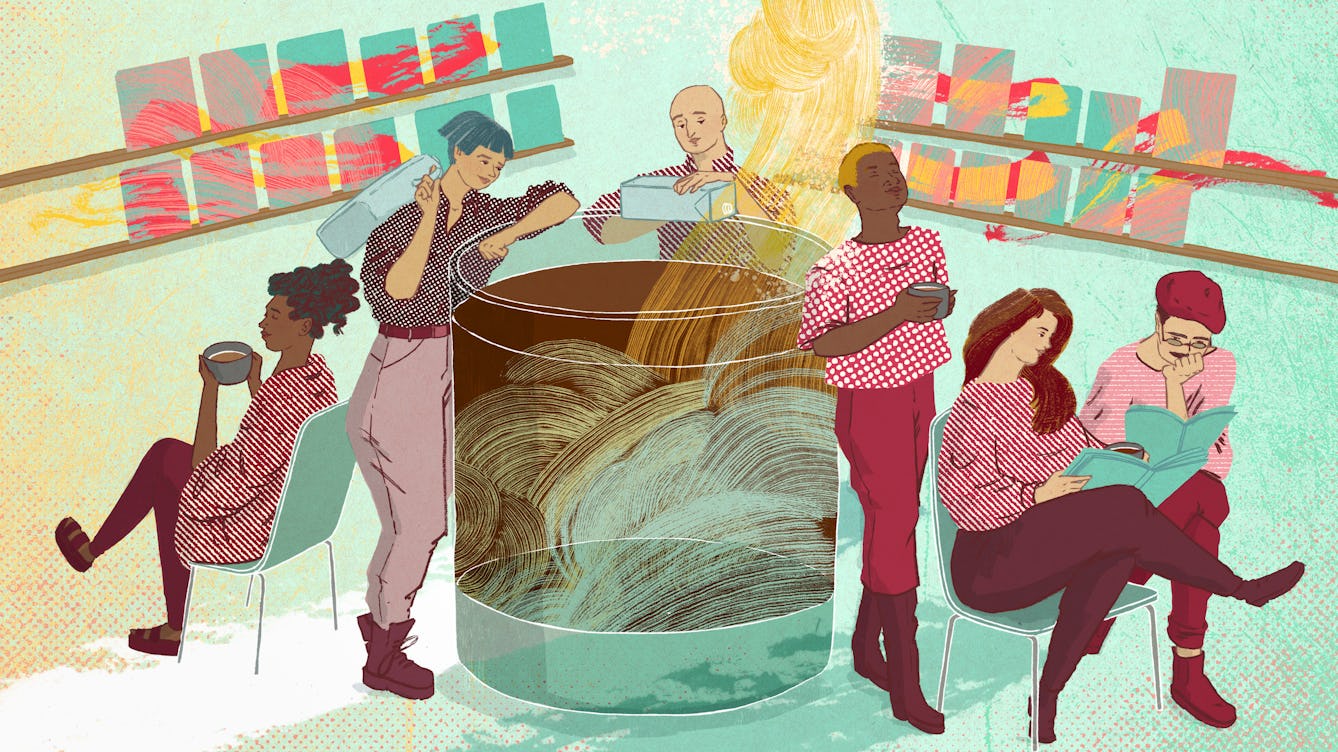
- Article
- Article
Queer cafés and gay mylk
Holly Regan explores queer London spaces where the alternative – oat milk – is the norm for the communities gathering there.

- Article
- Article
Defying deafness through music
Did you know that Beethoven’s profession meant he was ashamed to admit to being deaf? Find out how similar prejudices persist today and how our writer is helping to break them down.

- Article
- Article
The tale of the toxic kidneys
In 1954 a serendipitous coming together of skills and circumstances allowed the first successful organ transplant to take place. Read how Richard Herrick’s life was prolonged by his identical twin’s generosity.
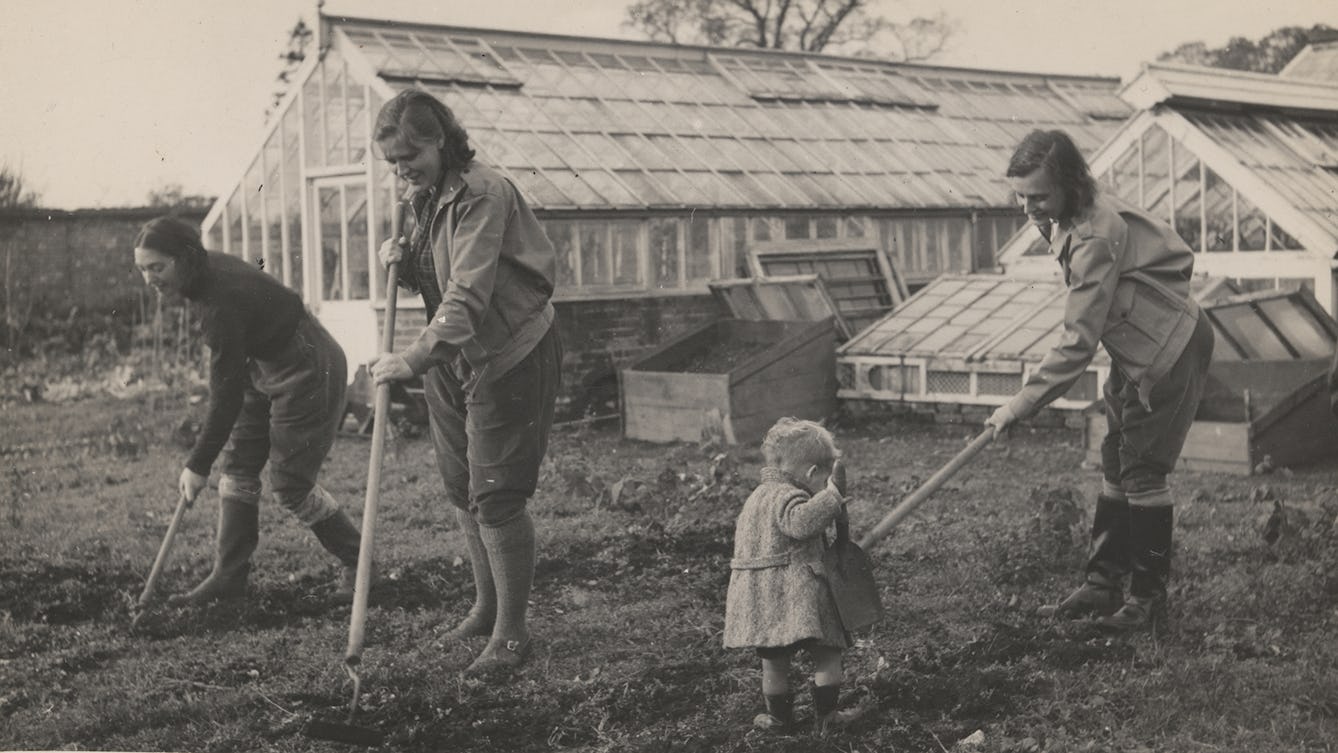
- Article
- Article
How the Peckham Experiment inspired my fiction
Find out how an unruly mass of archive material from a 1930s radical health centre has inspired brand new writing.

- Article
- Article
Adapting to life as a thalidomide survivor
Growing up as a thalidomide survivor meant coping with all the usual challenges of childhood and adolescence, while having to fit into a world designed for the able-bodied.

- Article
- Article
Demanding a diagnosis for invisible pain
After dozens of hospital visits and handfuls of painkillers, a plethora of scans and tests bring diagnosis closer for Jaipreet Virdi.
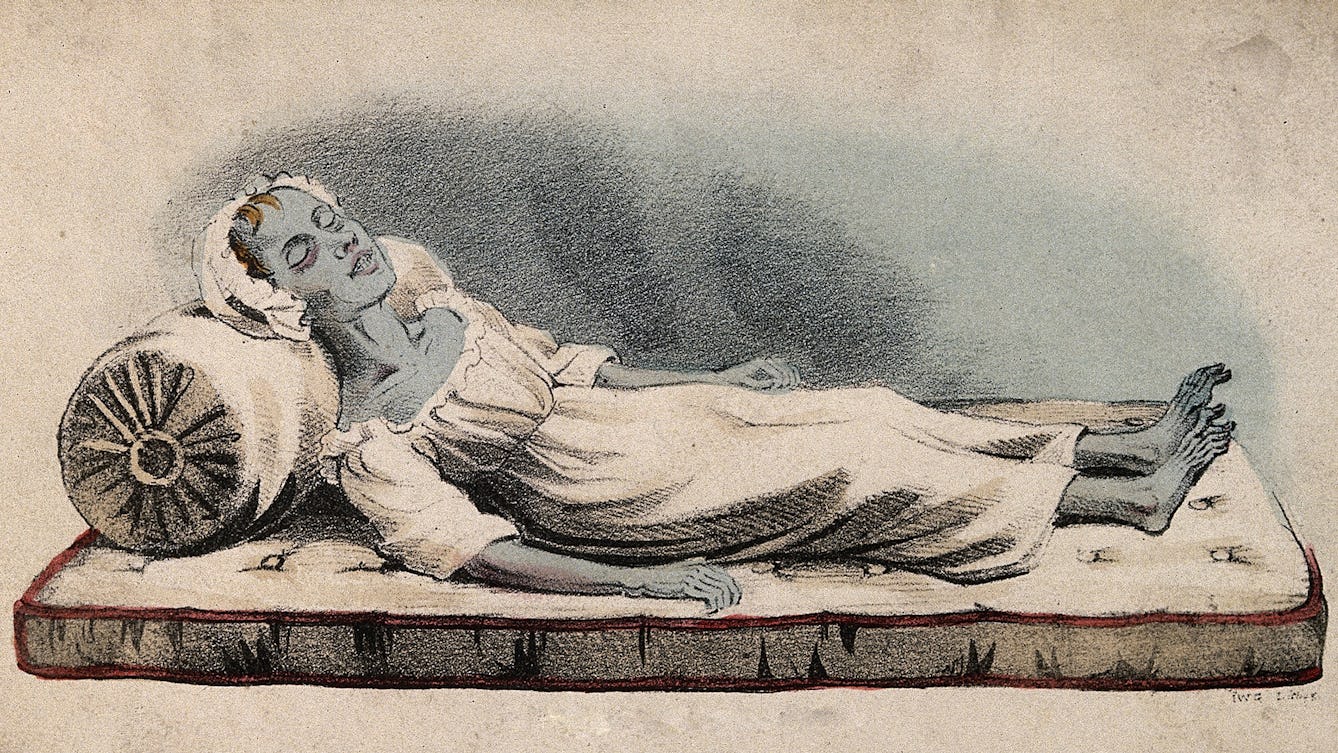
- Article
- Article
The colonist who faced the blue terror
India, 1857. In a British enclave, Katherine Bartrum watches her friend, and then her family, succumb to the deadly cholera.

- Article
- Article
The case of the cancerous stomach
Steak and schnitzel were on the menu again after Theodor Billroth successfully excised a woman’s stomach cancer in 1881. Remarkably, today’s surgeons still perform the same procedure, with slight modifications.

- Article
- Article
Air of threat
Novelist Chloe Aridjis vividly describes the suffocating atmosphere of Mexico City, as a combination of topography, crowded neighbourhoods, and reckless political diktats create a downward spiral.
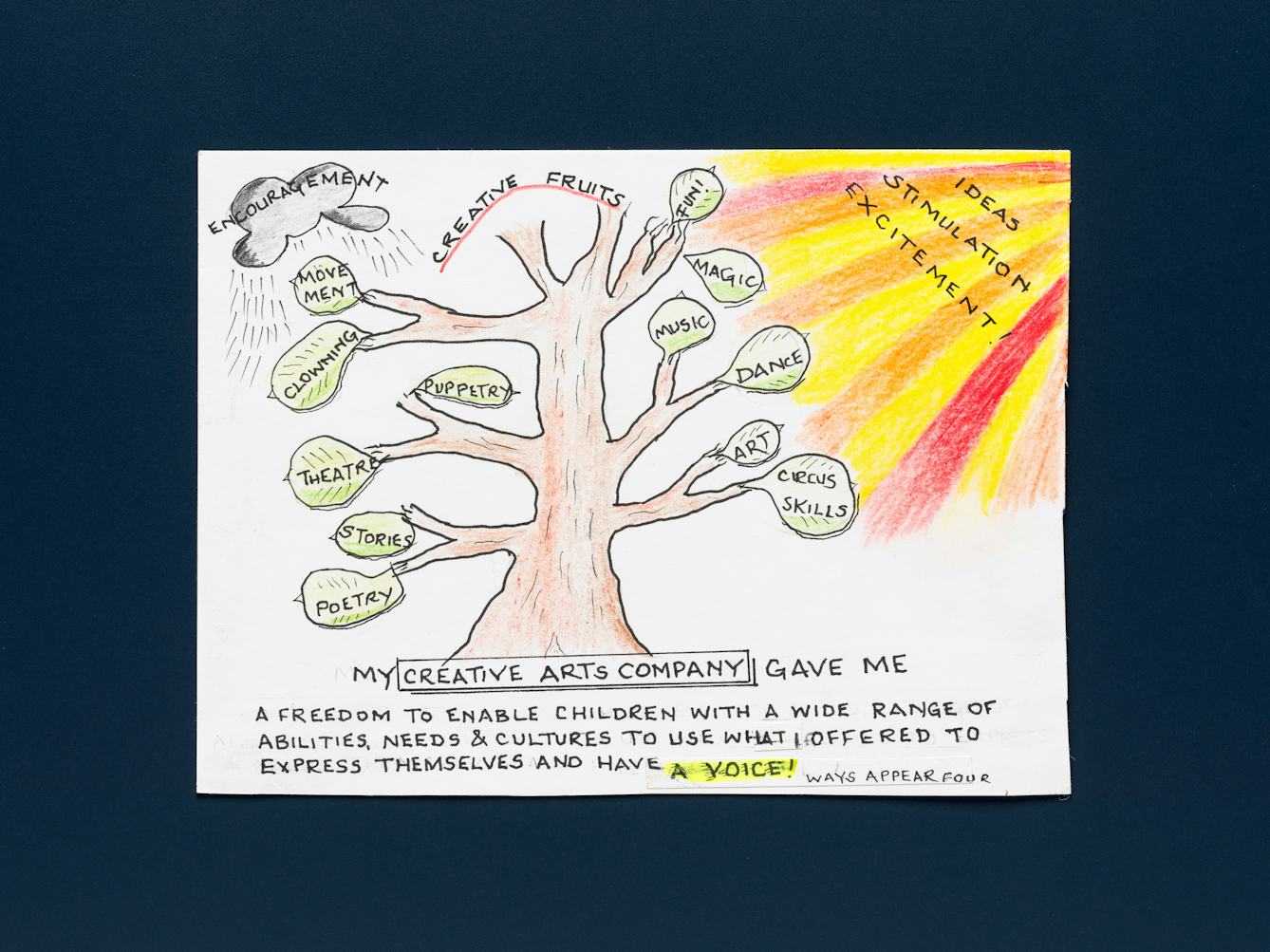
- Article
- Article
Ways appear
While his sense of body shame meant the personal side of his life was unfulfilled, Chris’s career was rewarding. His own childhood experiences gave him profound empathy for the children he worked with.

- Article
- Article
The child whose town rejected vaccines
Gloucester, 1896. Ethel Cromwell is taken ill at the height of Britain’s last great smallpox epidemic.
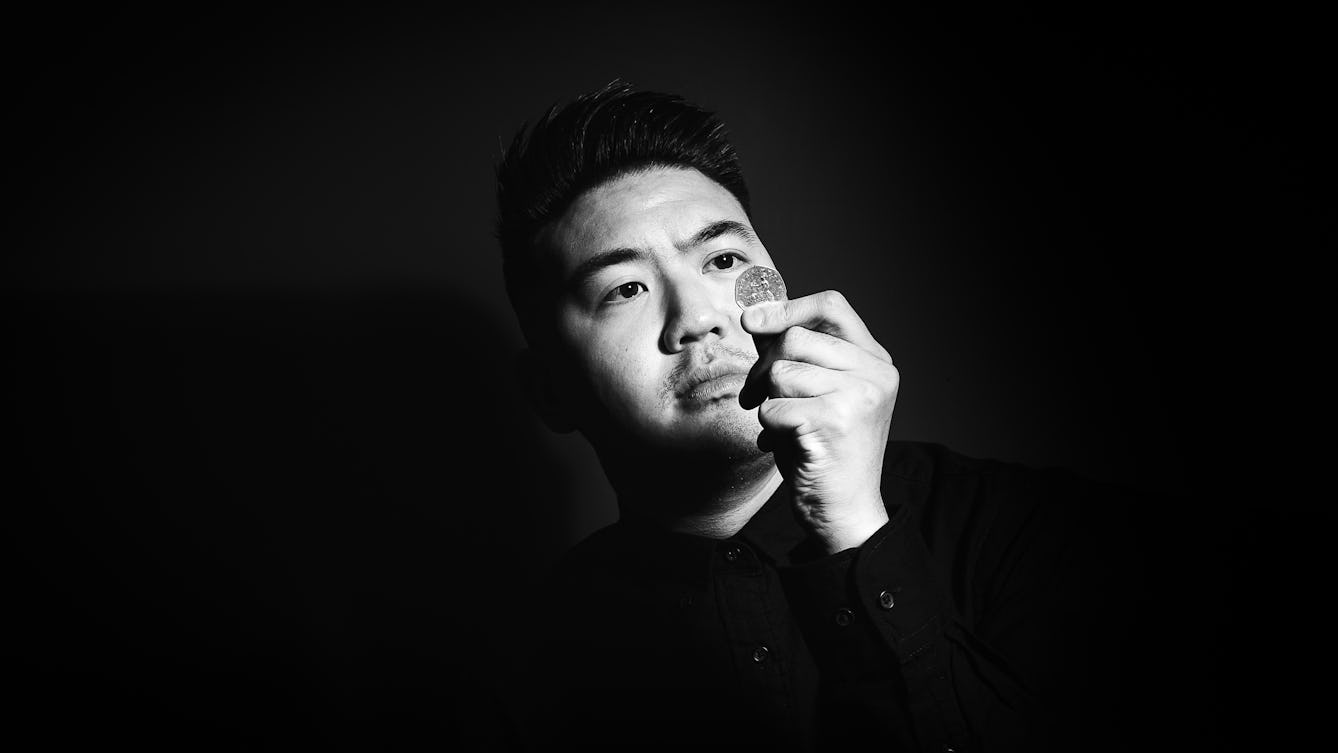
- Article
- Article
Life before assistive technology
When an inherited condition caused Alex Lee’s vision to deteriorate, he began to discover the technologies that would help him navigate the world around him. Here he describes how his life began to change.

- Article
- Article
The ‘undesirable epileptic’
Abused in her marriage for being 'a sick woman', Aparna Nair looked to history to make sense of the response to her epilepsy. She discovered how centuries of fear and discrimination were often endorsed by science and legislation.

- Article
- Article
Dyslexia and its misconceptions
Overcoming common myths about dyslexia only adds to the challenges of growing up with the condition. Madeleine Morley, who was diagnosed with dyslexia aged eight, goes into myth-busting mode and shares her personal experiences.
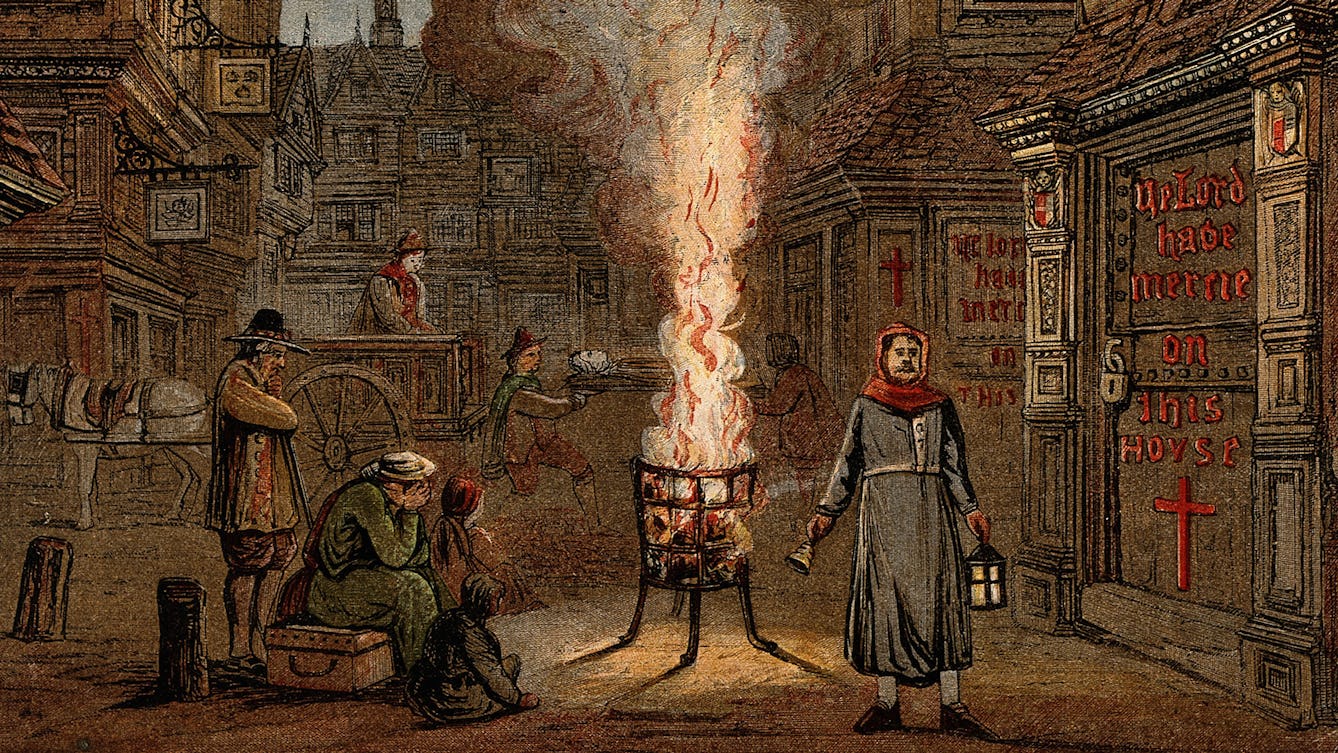
- Article
- Article
The tradesman who confronted the pestilence
The City of London, 1665. As the Great Plague hits the capital, John New faces a deadly dilemma.

- Article
- Article
The stranger who started an epidemic
New Orleans, 1853. James McGuigan arrives in the port city and succumbs to yellow fever.
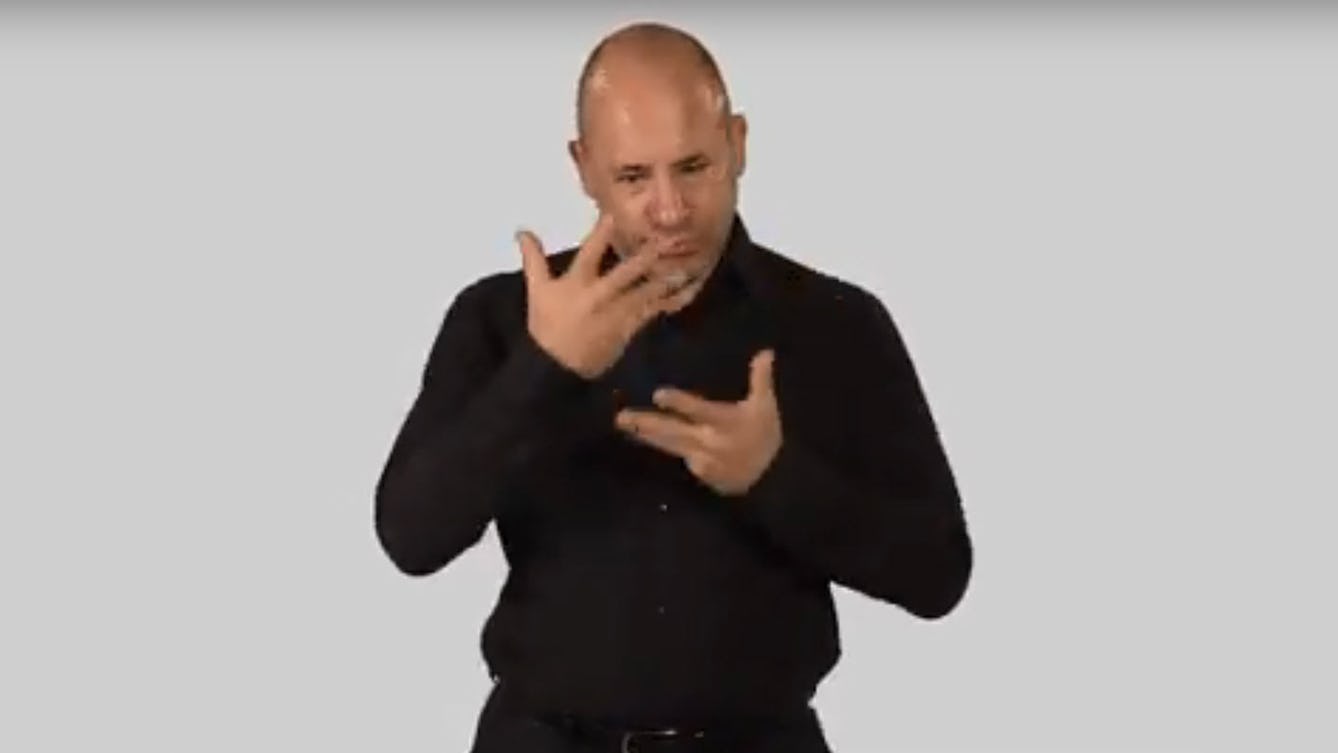
- Article
- Article
Interpreting the Ayurvedic Man
A British Sign Language video is the latest interpretation of an unique 18th-century Nepali painting about Ayurvedic medicine.
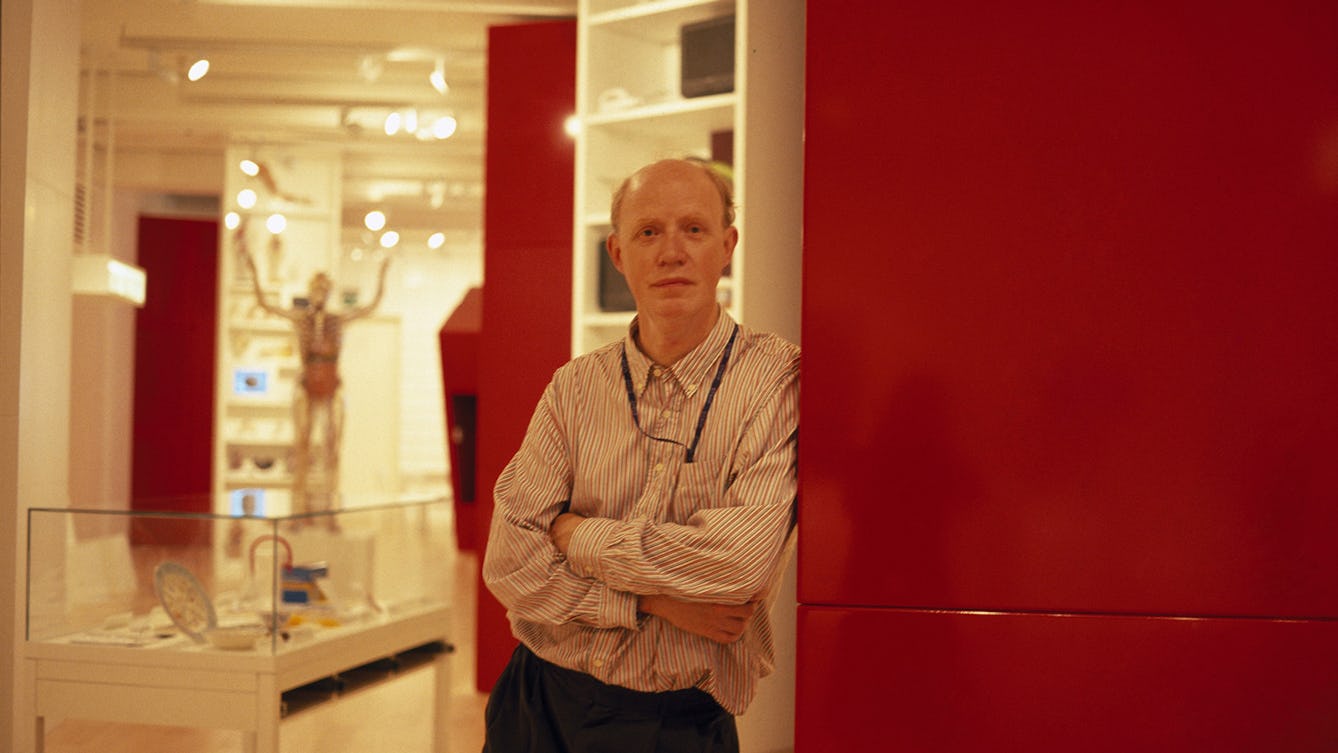
- Article
- Article
Ken’s ten: looking back at ten years of Wellcome Collection
Wellcome Collection founder Ken Arnold picks his favourite exhibits.
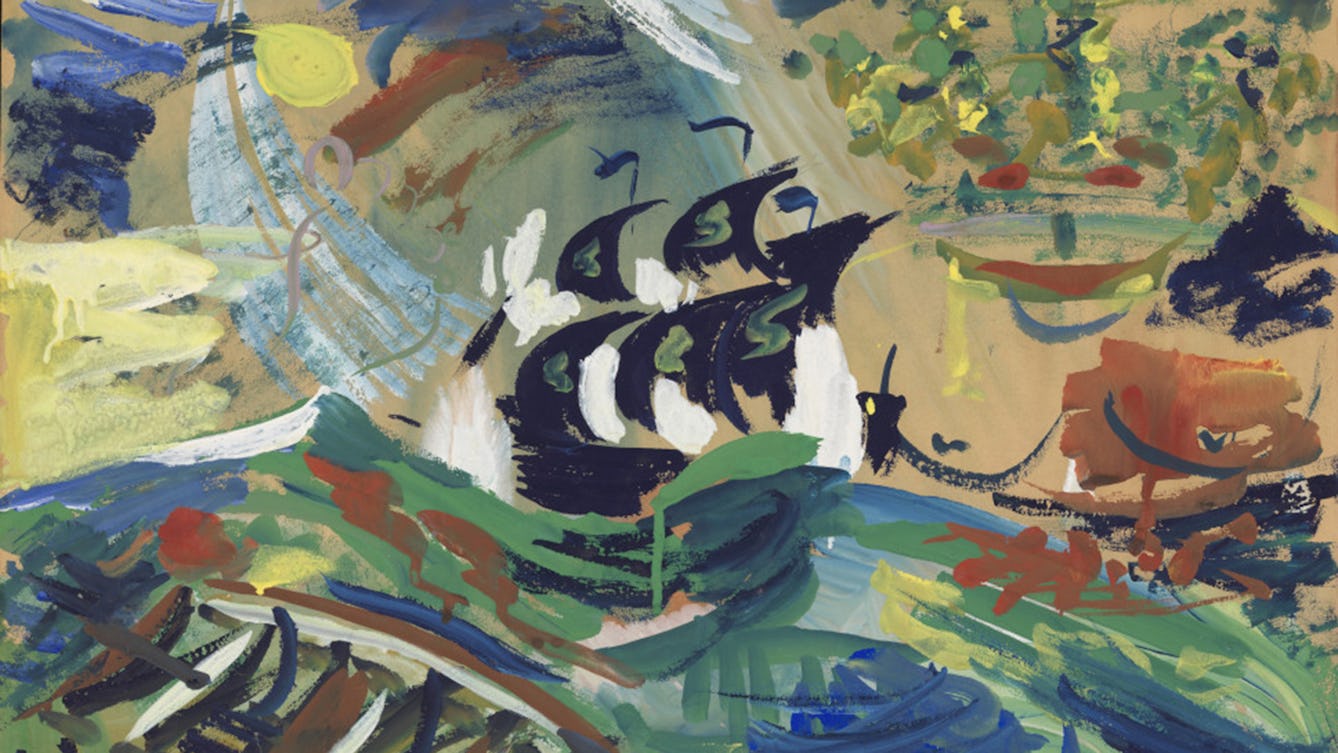
- Article
- Article
Picturing mental health
Ron Hampshire created artworks while resident at Netherne psychiatric hospital. What can we learn from them?

- Article
- Article
The search for a cure for endometriosis
Discover how a white American doctor’s experimental operations on black female slaves laid the foundations for modern gynaecological surgery.

- Article
- Article
Ayọ̀bámi Adébáyọ̀’s prescription for writing
The Wellcome Book Prize shortlisted author of ‘Stay With Me’ answers five questions on health, inspiration and storytelling.

- Article
- Article
It’s getting mighty crowded
Mid-20th-century population-density research on mice produced a whiskered apocalypse, predicted to become the fate of humans too. But perhaps a more compassionate approach could fend this off.

- Article
- Article
The seizure dog
Aparna Nair's dog Charlie made her feel safe in the world. His uncanny ability to sense when she was about to experience a seizure also gave her an unexpected ally in her struggles with epilepsy.

- Article
- Article
The pain that punished feminists
In a society that viewed getting the vote, and pursuing an education and career, as unnatural goals for women, the pain of endometriosis was viewed as nature’s retribution.